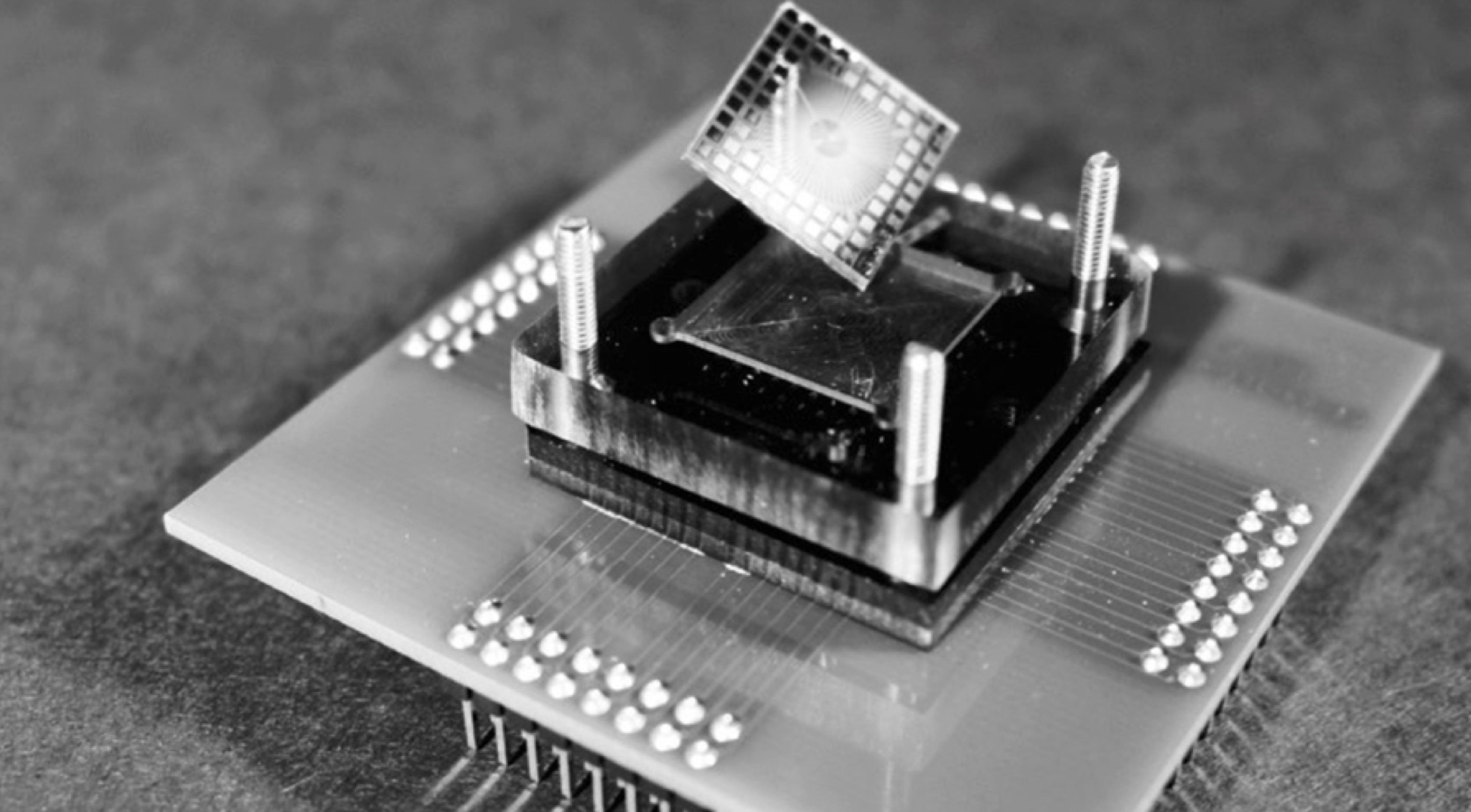Neurons still remain the most powerful piece of computation machinery on the face of the planet. More to the point, nobody throws up their hands in despair when a screwdriver removes a flathead screw better than their fingernail can, and yet the parallel is an apt one. The circuitry of the human brain has not been honed by evolution to be especially good at playing the game of Go, any more than evolution has fine-tuned our fingernails for removing screws.
Which is not to say there is no room for surprise in today’s world of rapidly advancing technological achievement. What is more impressive, however, is when computers exhibit greater skill than humans at tasks evolution has been perfecting for millions of years like exercising a sense of smell. And yet such advancements are taking place right beneath our noses, metaphorically speaking.
Recently a UK startup called Koniku released details on a drone that uses neurons embedded in a computer architecture to achieve the sense of smell exhibited by a bee. With only 64 neurons, the chip achieves a sense of smell capable of detecting explosives over one kilometer away. The accompanying video bears testimony to this amazing achievement, as the drone in question hones in on its target with almost bee like movement. In fact, the only thing missing is an incessant buzzing noise.
